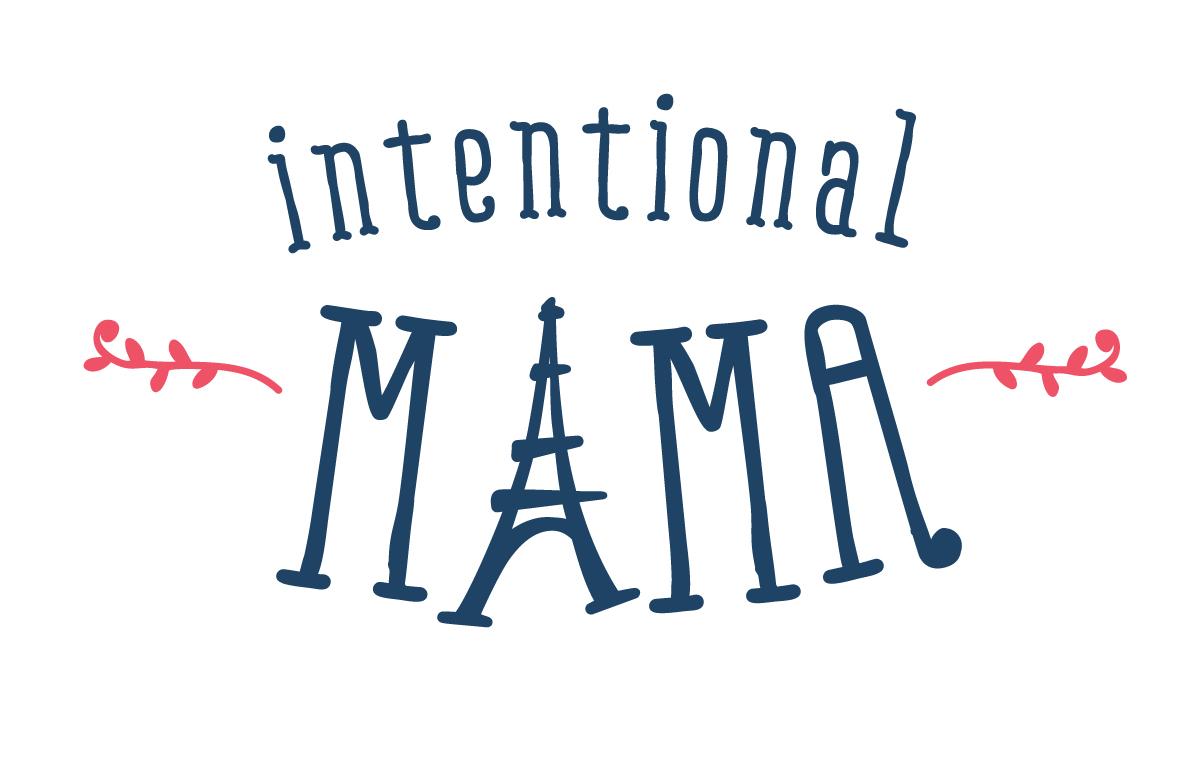French Schools Follow-Up: Summarizing My Children's Immersion Experiences
This week marks the third week my children have attended school here in France, with my preschooler attending public school and my elementary-age child attending a private school. I'm extremely grateful that they've had this opportunity, and yet we're all glad that we will return to homeschooling (back in the U.S.) by next month. The flexibility and individualization allowed by homeschooling is wonderful, but we still feel that our time here in Lyon is wrapping up too quickly!
La Confluence, the newly renovated area of Lyon with its modern Musée des Confluences
Private (Catholic) school:
From what I can gather, my daughter's class (Cours Premier) Is currently focused on math, reading, science (insects in particular right now), language (creating poetry), art (coloring), and gym time. Students sit at desk tables in pairs and use the pens and pencils from their trousse (zippered pencil roll) to complete worksheets and workbooks.
Homework is minimal--reading a few sentences from the reading textbook (about rat and his friends), covering a new textbook with clear plastic, or making corrections to one's worksheets in green ink (to contrast the teacher's red ink corrections).
Preparing to cover my daughter's French reading textbook with the required clear plastic
One sweet and amusing moment at the Catholic school last week was the Blessing of the Backpacks. Parents were invited to the chapel to watch as the students and their schoolbags were sprinkled with holy water!
The private school is in session four days per week, with Wednesdays off. The school days are roughly from 8:30am-11:45, then 1:30-4:30pm, so even with more than an hour and a half for lunch at home, the days are long. Though my daughter was eager for the opportunity to go to school, she lost enthusiasm after a handful of days. She'd definitely enjoy school more if she didn't have to return for the three additional hours after lunch!
Examining the view of Lyon from Fourviere Hill
Before her enrollment, my daughter already knew how to read decently in English and a little bit in French, but I've been delighted to see that already she has gained confidence and competence in her ability to read French children's books.
Nontheless, she says everything else is hard. I think she comprehends just about everything said and done in class, but she still finds it difficult to continually catch everything that is expected of her in this new setting of linguistic and cultural immersion.
Visiting the nearby Roman ampitheater after school
Public Preschool:
Plucking House of the Rising Sun with a street musician
My three-year-old son isn't a fan of going to school here either, but he's generally content when I pick him up at lunchtime. The preschool and elementary students in public schools now have a half-day schedule on both Wednesdays and Fridays, but I only require my son to attend in the morning. (In the afternoon we run errands or nap at home). His class time seems to consist of coloring, singing a song or two, listening to a story, playing with toys, and playing in the courtyard--there doesn't seem to be an emphasis on alphabetisation until age five or so. He mostly plays alone during his time at school, but he is picking up some common little French phrases like "N'importe quoi!" ("Whatever!") and "C'est trop bien!" (It's really good!) and this makes me happy.
Near Lyon's modern art museum on a Wednesday afternoon with no school
I am grateful that his teacher is male and seems very competent. His teacher is also the school directeur, in fact. (In France, school principals also have part-time teaching duties.)
Overall, I've appreciated seeing some of the differences between private and public school in France. Daily and weekly attendance schedules are different, but the total hours spent in school are the same. The private school seems quite strict about attendance, punctuality, and scholarly expectations, but this may be true of the elementary grades in the public school as well--it's simply that our only public school experience so far is with my son's (less intense) preschool.
A French coatrack in an école maternelle
The private school tuition is subsidized by the government and is calculated on a sliding scale dependent on family income, but there is still more socioeconomic diversity in the public school. (They've let us enroll for free since we're staying such a short time!)
Generally, I've been impressed by the sense of community evident at the public school. While this may exist at the private school, the parents and staff there have to work harder to create it--but they're off to a good start.
School differences are fascinating, aren't they?! I should mention that I attended private schools for my entire K-16 education, but have consistently taught in public schools. In what ways were you shaped by your early school(s)? What aspect of a school is most important to you as a parent or teacher?







